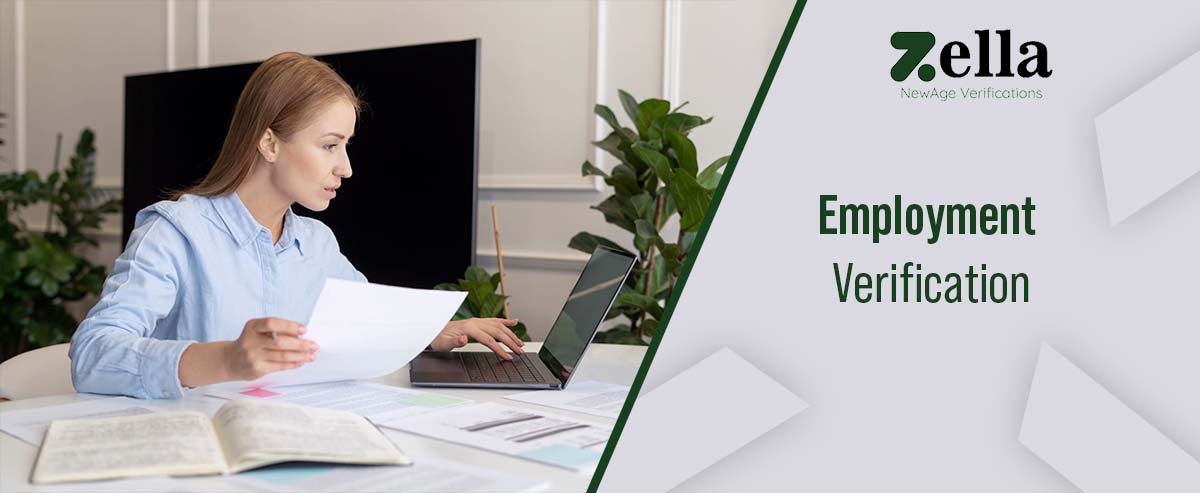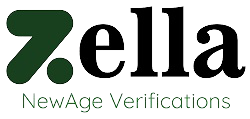
How do Companies Verify Employment?
Your new employer may ask you to consent to background checks before you are employed. Verifying the candidate’s background credentials allows employers to validate some of the details in your application. Throughout this article, we’ll examine why employers conduct background checks. Additionally, it describes how they verify your employment history and other methods of employment verification.
Benefits of conducting an employment verification check
During your reference check, potential employers may ask for a character reference letter, which helps them get a better understanding of what you’re like and how you perform. Someone who can confirm your positive traits could write this letter for you, such as a trainer, a colleague, or a professor.
Employers may ask candidates to provide professional references to verify their work history and vouch for their skills and workplace successes when they apply for a job. The hiring manager will contact your references to verify the responses you gave during your interview. Further, they will ask them what their previous employer’s professional conduct was like.
Why do companies need verification before employment?
In order to decide whether a candidate is qualified for a position, employers conduct employment checks to confirm your identity.
Reputed companies perform employee verification checks for the following reasons:
- Verify educational details: A company may ask for proof of your education and skills. This is because there may be a requirement for a particular level of education for the job. A background check reveals whether you have attended educational institutions and confirms that you have achieved the level of schooling on your resume.
- Identity proof: Employers can verify an applicant’s identity through their social security number during verification checks. The information is also useful for discovering when your social security number was previously used. As an example, when obtaining residency and confirming your address.
- Check credit history: Applicants for finance-related jobs may be required to submit their credit reports. In this way, you will be able to determine how many accounts you have with banks and whether or not you are at risk financially.
- Propose a provisional job offer: Contingency job offers, also known as conditional job offers, can be provided by an employer before they conduct employment verification checks.
What do companies check during employment verification?
In some states, employers are mandated to write letters to previous employees detailing certain aspects of their employment. Among them are their previous employment, previous income, or the reasons for their resignation. There is a great deal of variation between these laws from state to state.
Prospective employers can contact previous employers. It is common for employers to contact your previous employers and ask for information about:
- Checking competency: If your state requires it, a former manager may address your proficiency during your employment with them.
- Reason for dismissal or resignation: You will have to explain your reasons for leaving your previous employer to potential future employers if your state permits it.
- Aptitude or expertise: Your previous employer may have been able to provide information about your qualifications to a potential future employer.
- Duration of previous employment: The dates of employment you give on your resume can be verified by future employers by asking your previous employers.
- Verify listed references: Obtaining verification of employment involves discovering where and when the candidate worked for previous employers. Depending on the state, employers may share different information with prospective employers when providing a reference. Some states restrict employers from revealing information about former employees without the employee’s consent.
- Verifying credentials: By verifying your previous employers and your skills, a background check can help employers decide if you are a good fit. An employer checks your credentials by calling your previous employers to verify the jobs and dates listed in your resume. In addition to asking about your skills and performance, a prospective employer may also ask about your work history.

Leave a Comment